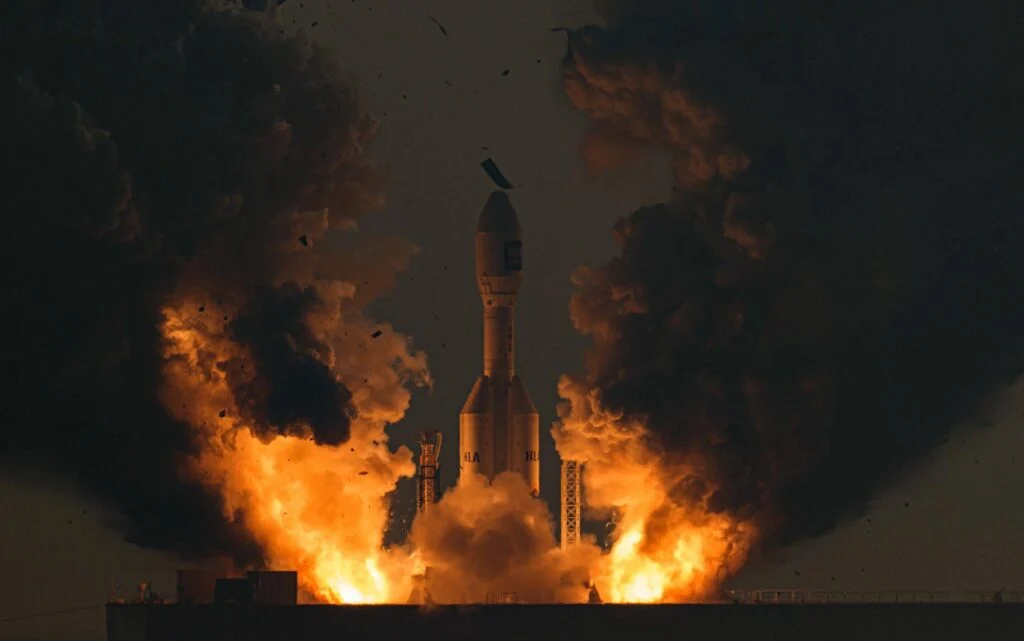Orienspace’s Gravity-1 rocket, the brainchild of veterans from China’s state space agencies, made a triumphant debut by delivering three remote-sensing satellites into orbit. The startup, founded in 2020, had originally planned the first launch of Gravity-1 for the latter half of 2023.
Boasting the capability to carry a payload of up to 6,500 kg (14,330 lb) into low earth orbit, the Gravity-1 rocket stands as the most powerful launch vehicle developed by a private Chinese enterprise.
This successful launch is expected to pave the way for increased commercial satellite launches, particularly into low- and mid-altitude orbits, marking a significant stride for the nascent private sector in the country. Orienspace’s CEO had previously announced that the company had secured orders for the launch of hundreds of satellites, indicating a robust demand in the private-sector space industry.
The Gravity-1 rocket exhibits versatility by being able to place as many as 30 satellites into orbit in a single launch. Orienspace also highlights its capability to organize a launch in under seven days and, in some cases, just 24 hours.
A notable feature of Gravity-1 is its ability to be launched from a mobile sea platform, expanding the potential launch sites. Sea launches are known to reduce the risk associated with rocket stages falling back to Earth, addressing safety concerns.
Orienspace’s successful inaugural flight with Gravity-1 solidifies its position as the fifth private Chinese firm to independently operate its own carrier rocket. This achievement follows in the footsteps of other notable private entities in the space industry, including i-Space, Galactic Energy, Space Pioneer, and LandSpace, as reported by Chinese state media.


